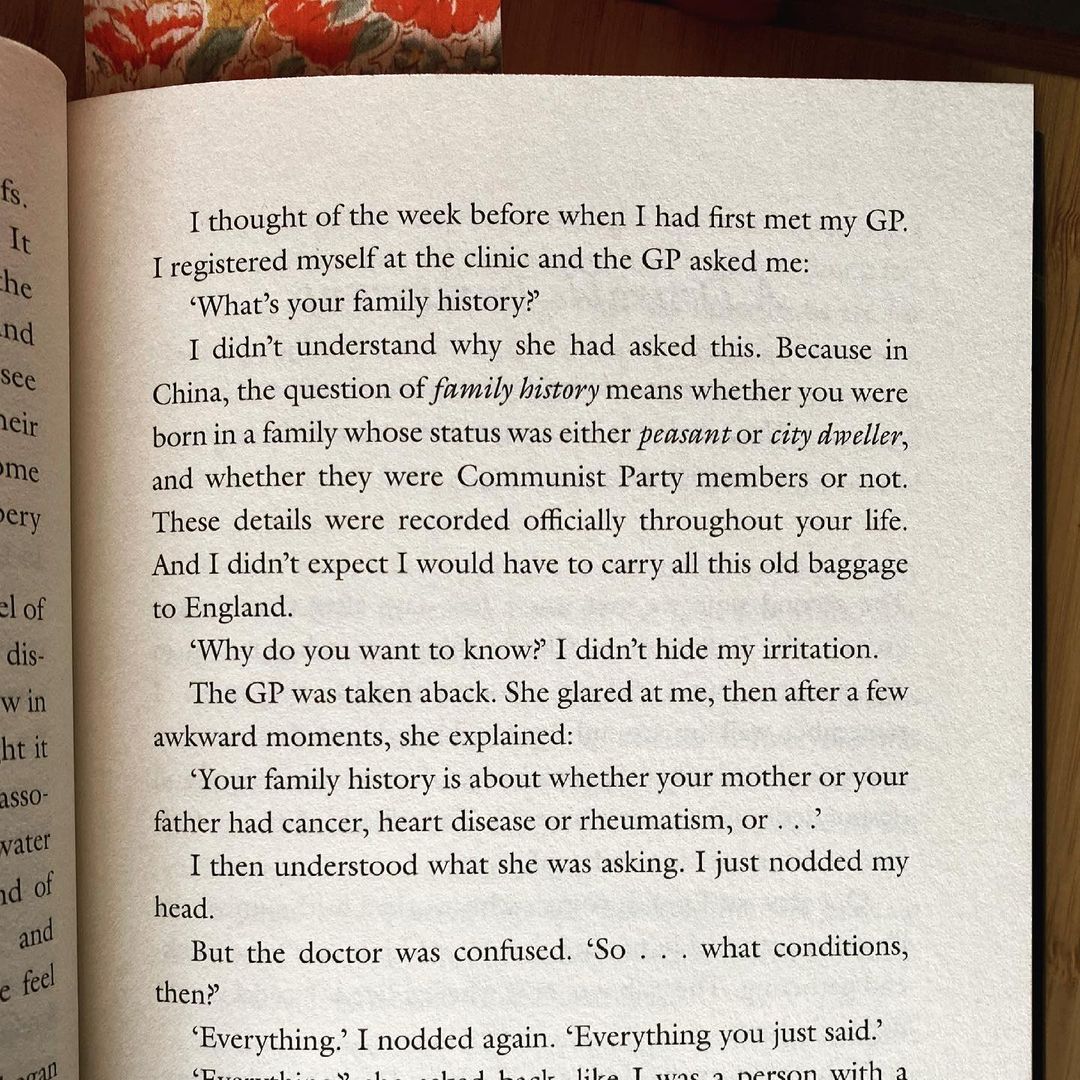In a recent talk on systems and languages I mentioned the deep divide between vocabulary and meaning. It’s a subtle distinction, but this passage from Xiaolu Guo’s latest novel, A Lover’s Discourse, explains it beautifully:

A team’s shared vocabulary is critical — but it’s only one piece of the communication and coordination puzzle. Two people can use the same word to mean very different things — and neither of them is wrong. Recognizing and overcoming those collisions is part of the work.
It’s why shared grammar and shared meaning are just as important as the “vocabulary” of components for pattern-oriented design systems, complex content models, and so on. The rules that let them fit together, and the meaning they’re meant to carry, can’t be taken for granted.
@HiMaya touches on this in her excellent piece on design systems from last year (https://uxdesign.cc/measuring-the-value-of-design-systems-1fe061d2ab30) — pointing out that the long term value of many systems lies in the contract they establish, the rules that future additions can be trusted to follow.
I use the word “rules” but these structures aren’t just about restriction options — they’re about establishing consistency, so that one “piece” can be trusted to work with future ones, even if they’re designed by different people with different goals.
A shared vocabulary, clear and consistent meaning, and grammar to define how those elements click together… forming more complex meaning and messages. The three support each other, and it’s very easy for teams to dive deep into one but fail for lack of the others.